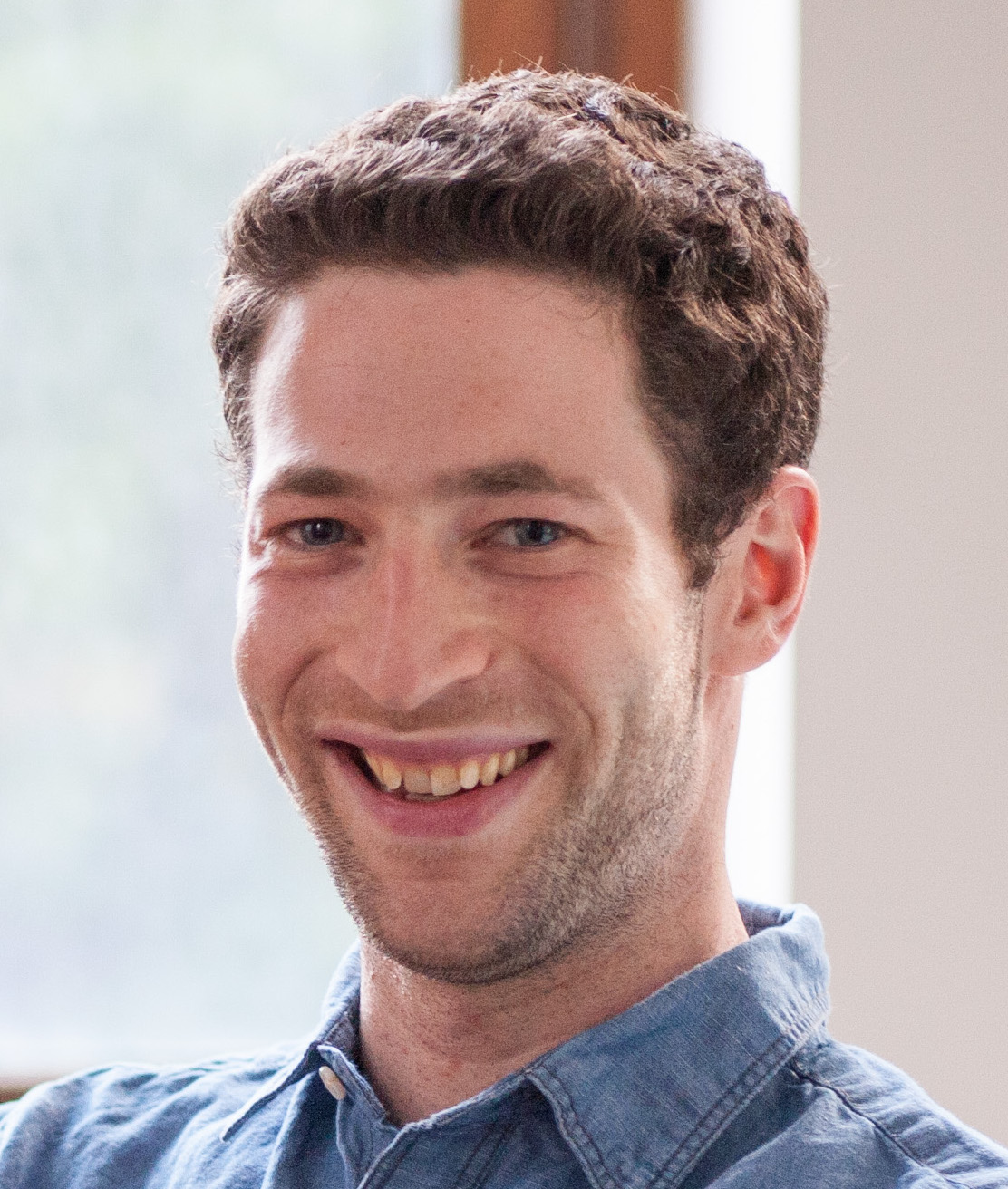Social Interactions in the Housing Market
Doctoral candidate in sociology Doron Shiffer-Sebba’s prize-winning research paper examines the interpersonal dynamics of landlords and tenants.
After studying community land trusts during his master’s program, Doron Shiffer-Sebba turned to a topic with a long history of social complexity—the relationship between landlords and tenants.
“I have been consistently excited by the prospect of obtaining new data to address old questions,” says Shiffer-Sebba, a Ph.D. candidate in sociology. “This takes the form of interviewing individuals who aren’t often interviewed, but also using leaked data and administrative records like property tax assessments.”
Shiffer-Sebba’s recent paper, “From Circumstance to Company: Landlord Context and Behaviors Towards Tenants,” was awarded the 2019 Graduate Student Paper Award from the Conflict, Social Action, and Change Division of the Society for the Study of Social Problems, which was presented to him at a ceremony in New York City in August.
The paper investigates the relationship between “landlord origins”—the ways in which landlords become property owners—and landlord behavior. “The current literature largely treats landlords as a homogenous group,” says Shiffer-Sebba, who grew up in Jerusalem. “At best it differentiates ‘large’ landlords from ‘small’ ones. But my research shows that landlords’ motivation for pursuing rental properties is also important.”
For example, he identifies a sub-group he calls “circumstantial landlords,” those who acquire property through life events such as inheritance or marriage, and found they often behave differently from those who intentionally purchase rental properties as a profit-making enterprise. He says circumstantial landlords may be less profit-driven, have a more casual relationship with tenants, and allow feelings associated with their houses to affect their interactions.
The paper relates to Shiffer-Sebba’s broader research interests—how different types of asset ownership shape social relations. “I have always been fascinated by how the fact that our societies allow individuals to own land may affect our social world,” he says.
His work is grounded in sociology and housing policy, but also relates to economics and organizational behavior. Penn’s urban location provides an ideal setting to pursue these interests. “The sociology department has a historically strong urban focus,” says Shiffer-Sebba, “offers rigorous research training, and presents diverse approaches to studying inequality.”



